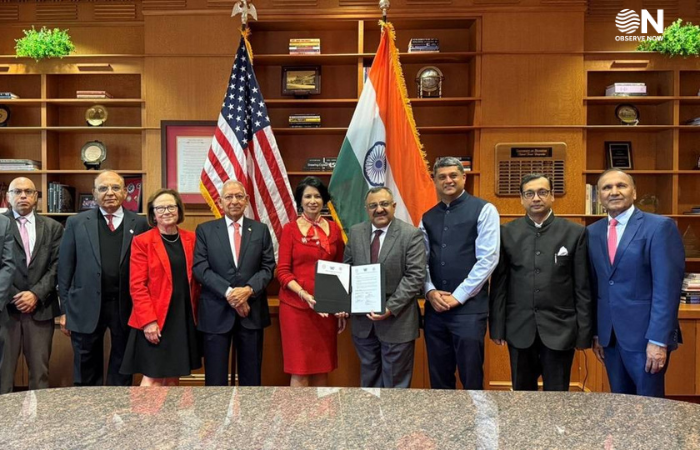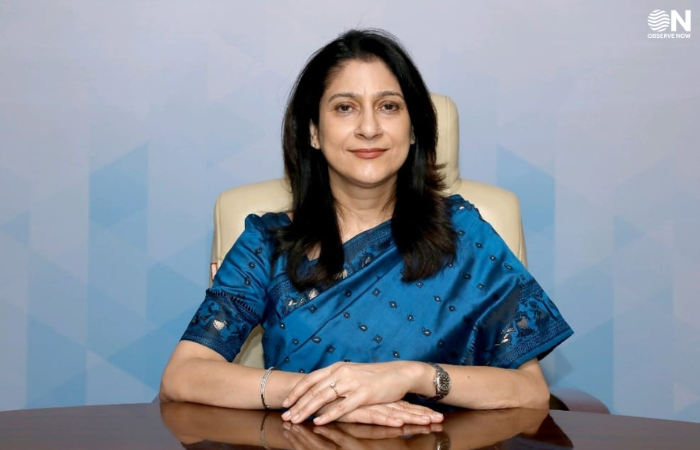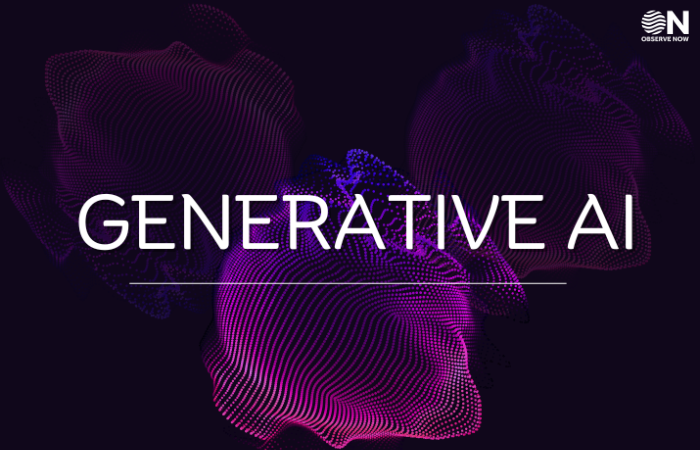AI-Powered RCM Platform RapidClaims Secures $11M
RapidClaims, an AI-driven revenue cycle management (RCM) platform, has raised $11 million in funding to enhance its technology and expand its market presence. The investment includes an $8 million Series A round led by Accel, with participation from Together Fund, along with a previously undisclosed $3 million seed round. The seed funding was backed by Together Fund and prominent angel investors, including Oscar Benavidez (Massachusetts General Hospital), Matthew Zubiller (ex-CEO, e4health), Ankit Jain (CEO, Infinitus), and Sachin Jain (healthcare leader).
With this fresh capital, RapidClaims aims to accelerate its go-to-market strategy and enhance its AI-powered claim denial prevention technology, which helps healthcare providers reduce costs by up to 70% while streamlining reimbursements. The company’s platform integrates seamlessly with over 15 electronic health record (EHR) systems, enabling fast deployment and customization.
RapidClaims’ AI-driven solutions are already live across 25+ medical specialties, achieving high autonomous accuracy in over 20 of them. According to Founder and CEO Dushyant Mishra, this multi-specialty AI solution offers a major advantage over traditional, niche-focused tools. The company now plans to expand into claim adjudication and the end-revenue cycle, further strengthening its position in the healthcare RCM space.
The company’s key AI-powered solutions include RapidCode, an autonomous medical coding solution that processes millions of charts with 98% accuracy in specialties like radiology and anesthesia. Another offering, RapidCDI, optimizes risk-adjusted coding by scanning over 50 patient documents to improve clinical documentation for outpatient and value-based care. Additionally, RapidScrub, a proprietary AI model, pre-scrubs claims before submission, significantly reducing denials and revenue leakage.
In just one year, RapidClaims has experienced sixfold growth, serving a double-digit client base that includes major physician groups and federally qualified health centers (FQHCs). Looking ahead, the company anticipates fivefold growth in the coming quarters and is currently in discussions with leading healthcare organizations to expand its footprint.
Investors see significant potential in RapidClaims’ AI-first approach. Manasi Shah, Investor at Accel, noted that the platform’s AI-driven workflows dramatically reduce costs and cut implementation timelines from months to weeks. Shekhar Kirani, Partner at Accel, highlighted the urgency of solving the $250 billion inefficiency in the U.S. healthcare revenue cycle and emphasized RapidClaims’ ability to address the problem with unmatched speed and customization.
With this funding, RapidClaims plans to scale its sales and marketing efforts while continuing to enhance its AI-driven product offerings. The company is projecting eightfold growth in 2025 and is offering a risk-free pilot program for healthcare providers to experience its AI platform firsthand.


























